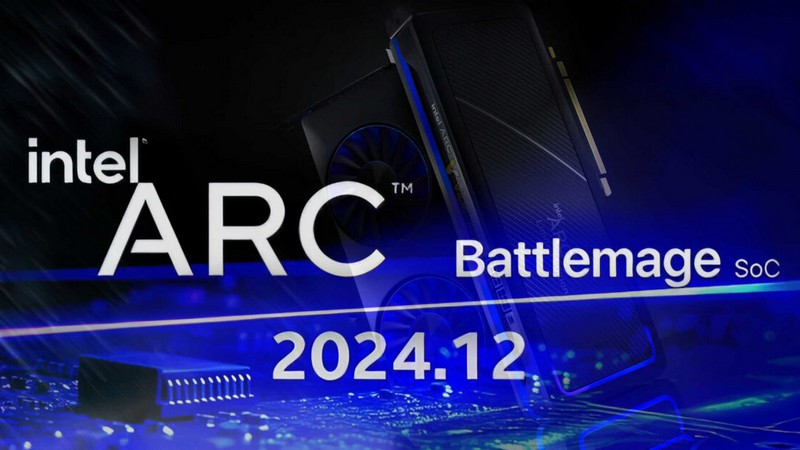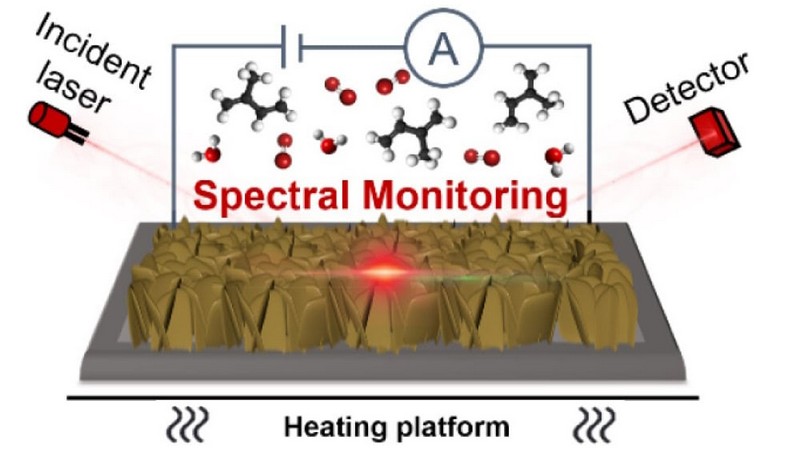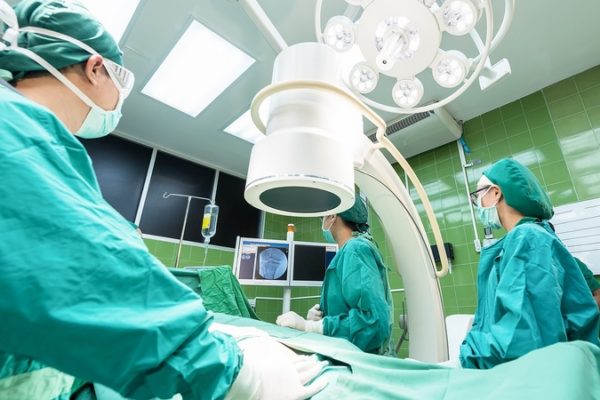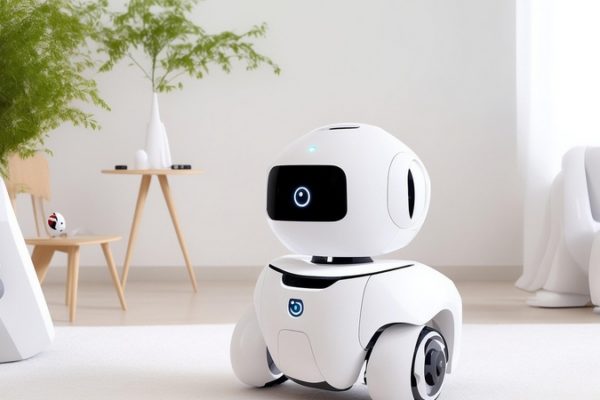
The world of flying taxis has been in development for the better part of the past decade, with numerous companies all vying to be the first to develop a commercial air taxi service. While there have been numerous test flights and announcements of new developments, the industry has yet to see a commercial air taxi service. However, a new development from Beta Technologies could see the first commercial air taxis in the near future. What makes Beta Technologies different from other companies in the industry, what have they developed, and how will they help to shape the future of air taxis?
Top Stories This Week
- Air Taxi Company Makes First Flight Test
- MIPS Releases AI-enabled RISC-V Automotive CPUs
- Microsoft Opens AI, Robotics Research Base In Tokyo
- Intel Postpones Arc Battlemage GPU Announcement Until December
- New Nvidia AI Chips Overheating In Servers
- Texas Is Being Overrun By Data Centers
- New Version Of Linux Kernel Gives Users Even More Control
- Ultrafast Memory Boosts Intel Data Centre Chips
- Nanoflake-based Breath Sensor Delivers Ultrasensitive Lung Cancer Screening
- New Optical Biosensor Technology Rapidly Detect Monkeypox
- Engineers Use Raspberry Pi For Finding Holes In Railway Tunnel Construction
Hardware Business News
MIPS Releases AI-enabled RISC-V Automotive CPUs

The increasing demand for intelligent automotive systems continues to see the development of advanced technologies such as ADAS and autonomous vehicles. However, the complexity of these systems also introduces numerous challenges, including high costs, scalability issues, and inefficient data processing. The traditional approach of relying on brute force by embedding more cores and increasing clock rates has proven to be unsustainable, leading to the need for a more efficient and scalable solution. What challenges does the automotive industry face with AI and ADAS, what does the new processor from MIPS offer, and how will it shape the future of autonomous vehicles?
Microsoft Opens AI, Robotics Research Base In Tokyo

The world of AI and robotics is rapidly changing, and the role that Japan plays in this field is becoming increasingly important. With the shrinking population and ageing workforce, Japan needs to find innovative solutions to stay competitive in the global market. But what is Japan’s role in the field of AI and robotics, what challenges does Japan face, and what does the future hold for AI and robotics in Japan?
Intel Postpones Arc Battlemage GPU Announcement Until December

As the world of GPU technology continues to advance, Intel is set to unveil its latest generation of graphics cards, the Arc Battlemage, in December. With the announcement scheduled to take place just before CES 2025, Intel aims to gain a competitive edge over AMD and NVIDIA, who plan to introduce their Radeon RX 8000 and GeForce RTX 50 series, respectively. What can we expect from Intel’s new lineup of graphics cards, how will they compete against AMD and NVIDIA, and what does this mean for the future of GPU technology?
New Nvidia AI Chips Overheating In Servers

The rapid integration of artificial intelligence into modern technologies has undoubtedly transformed the way we live and work. From virtual assistants to self-driving vehicles, AI has become an indispensable tool in our daily lives. But as AI continues to evolve and become more sophisticated, concerns about its impact on society are growing. What exactly is AI, how is it being used, and what are the potential risks associated with its development?
Hardware Engineering News
Texas Is Being Overrun By Data Centers

As data centers continue to sprout across the state of Texas, the demand for electricity is skyrocketing, and the state’s electric grid is struggling to keep up. Can the state’s electric grid handle the influx of new data centers, and what implications does this have for the environment and the economy? What will happen if the grid fails to meet the growing demand, and how will this impact the state’s economy and residents?
New Version Of Linux Kernel Gives Users Even More Control

Linux 6.12 has now been released by Linux patriarch Linus Torvalds, and this new kernel version provides users with even more control over their systems. The release of 6.12 brings a range of new features and improvements, including better support for real-time computing and additional hardware compatibility. What is real-time computing, what new features does Linux 6.12 bring, and how will the future of operating systems be affected by these developments?
Ultrafast Memory Boosts Intel Data Centre Chips

As technology continues to advance, the demand for faster and more efficient memory solutions in data centres continues to grow. Intel has recently introduced a new ultrafast memory technology, called MRDIMM, which is set to revolutionise the industry. But what makes MRDIMM so special, and how does it differ from existing memory solutions? What are the potential applications for MRDIMM, and how will it impact the future of data centres?
Hardware R&D News
Nanoflake-based Breath Sensor Delivers Ultrasensitive Lung Cancer Screening

Breath sensors have long been a topic of interest in the field of medical diagnostics due to their non-invasive nature and potential for early disease detection. The recent development of a nanoflake-based breath sensor that can detect ultralow levels of isoprene, a biomarker for lung cancer, marks a significant advancement in this field. What challenges do current breath sensors face, what makes this new sensor unique, and how could it change the future of medical diagnostics?
New Optical Biosensor Technology Rapidly Detect Monkeypox

The rapid spread of the monkeypox virus has seen numerous countries around the world introduce restrictions and travel bans in an attempt to control the spread of the virus. While some countries have been able to control the virus, others have seen it spread rapidly, and this has put pressure on medical professionals to identify infected individuals as fast as possible. What is the monkeypox virus, what are the challenges it presents, and how can a new sensor help with the diagnosis of the virus?
Open-Source Hardware News
Engineers Use Raspberry Pi For Finding Holes In Railway Tunnel Construction

The use of technology in the construction industry has been somewhat limited, and yet the use of such technology could be the key to making the construction industry more efficient and safe. While there are numerous sensors and monitoring systems being developed, their use is still limited to a few niche applications, and the vast majority of construction sites still rely on manual labor. But what challenges do construction sites present, what does the new system developed by engineers do, and how could it be the key to the future of construction sites?


